Treatment Of Urethral Discharge In Males
Treatment Of Urethral Discharge In Males - Men with urethral symptoms should be tested for chlamydia trachomatis and neisseria gonorrhoeae. However, the antibiotic regimen may be targeted to the. If no visible secretions, the swab can be inserted. Visible discharge or secretions can be collected by a swab without inserting it into the urethra; In settings in which local antimicrobial resistance data are not available, the who sti guideline suggests dual therapy for gonorrhoea.
In settings in which local antimicrobial resistance data are not available, the who sti guideline suggests dual therapy for gonorrhoea. However, the antibiotic regimen may be targeted to the. If no visible secretions, the swab can be inserted. Men with urethral symptoms should be tested for chlamydia trachomatis and neisseria gonorrhoeae. Visible discharge or secretions can be collected by a swab without inserting it into the urethra;
Visible discharge or secretions can be collected by a swab without inserting it into the urethra; If no visible secretions, the swab can be inserted. In settings in which local antimicrobial resistance data are not available, the who sti guideline suggests dual therapy for gonorrhoea. However, the antibiotic regimen may be targeted to the. Men with urethral symptoms should be tested for chlamydia trachomatis and neisseria gonorrhoeae.
Urinary Tract Infections, Pyelonephritis, and Prostatitis
Men with urethral symptoms should be tested for chlamydia trachomatis and neisseria gonorrhoeae. If no visible secretions, the swab can be inserted. Visible discharge or secretions can be collected by a swab without inserting it into the urethra; In settings in which local antimicrobial resistance data are not available, the who sti guideline suggests dual therapy for gonorrhoea. However, the.
EVIDENCETODECISION TABLE URETHRAL DISCHARGE Guidelines for the
In settings in which local antimicrobial resistance data are not available, the who sti guideline suggests dual therapy for gonorrhoea. However, the antibiotic regimen may be targeted to the. Visible discharge or secretions can be collected by a swab without inserting it into the urethra; Men with urethral symptoms should be tested for chlamydia trachomatis and neisseria gonorrhoeae. If no.
21. Syndromic management of urethral discharge
Men with urethral symptoms should be tested for chlamydia trachomatis and neisseria gonorrhoeae. If no visible secretions, the swab can be inserted. However, the antibiotic regimen may be targeted to the. Visible discharge or secretions can be collected by a swab without inserting it into the urethra; In settings in which local antimicrobial resistance data are not available, the who.
Fig. 2, Flow chart for the management of urethral discharge from the
In settings in which local antimicrobial resistance data are not available, the who sti guideline suggests dual therapy for gonorrhoea. Visible discharge or secretions can be collected by a swab without inserting it into the urethra; Men with urethral symptoms should be tested for chlamydia trachomatis and neisseria gonorrhoeae. However, the antibiotic regimen may be targeted to the. If no.
(PDF) Urethral discharge in men Neil Bodsworth Academia.edu
Men with urethral symptoms should be tested for chlamydia trachomatis and neisseria gonorrhoeae. If no visible secretions, the swab can be inserted. Visible discharge or secretions can be collected by a swab without inserting it into the urethra; In settings in which local antimicrobial resistance data are not available, the who sti guideline suggests dual therapy for gonorrhoea. However, the.
PPT MODIFIED SYNDROMIC APPROACH PowerPoint Presentation, free
However, the antibiotic regimen may be targeted to the. Visible discharge or secretions can be collected by a swab without inserting it into the urethra; If no visible secretions, the swab can be inserted. Men with urethral symptoms should be tested for chlamydia trachomatis and neisseria gonorrhoeae. In settings in which local antimicrobial resistance data are not available, the who.
PPT Urethral Discharge and Local STI Complications in Men PowerPoint
However, the antibiotic regimen may be targeted to the. In settings in which local antimicrobial resistance data are not available, the who sti guideline suggests dual therapy for gonorrhoea. Visible discharge or secretions can be collected by a swab without inserting it into the urethra; If no visible secretions, the swab can be inserted. Men with urethral symptoms should be.
Neisseria Gonorrhoeae Smear From Urethral Discharge
If no visible secretions, the swab can be inserted. Visible discharge or secretions can be collected by a swab without inserting it into the urethra; Men with urethral symptoms should be tested for chlamydia trachomatis and neisseria gonorrhoeae. However, the antibiotic regimen may be targeted to the. In settings in which local antimicrobial resistance data are not available, the who.
Urethral discharge MSF Medical Guidelines
Visible discharge or secretions can be collected by a swab without inserting it into the urethra; If no visible secretions, the swab can be inserted. Men with urethral symptoms should be tested for chlamydia trachomatis and neisseria gonorrhoeae. However, the antibiotic regimen may be targeted to the. In settings in which local antimicrobial resistance data are not available, the who.
Urethritits in Men Symptoms, Causes, Diagnosis, and Treatment
Visible discharge or secretions can be collected by a swab without inserting it into the urethra; Men with urethral symptoms should be tested for chlamydia trachomatis and neisseria gonorrhoeae. If no visible secretions, the swab can be inserted. However, the antibiotic regimen may be targeted to the. In settings in which local antimicrobial resistance data are not available, the who.
Visible Discharge Or Secretions Can Be Collected By A Swab Without Inserting It Into The Urethra;
However, the antibiotic regimen may be targeted to the. If no visible secretions, the swab can be inserted. Men with urethral symptoms should be tested for chlamydia trachomatis and neisseria gonorrhoeae. In settings in which local antimicrobial resistance data are not available, the who sti guideline suggests dual therapy for gonorrhoea.
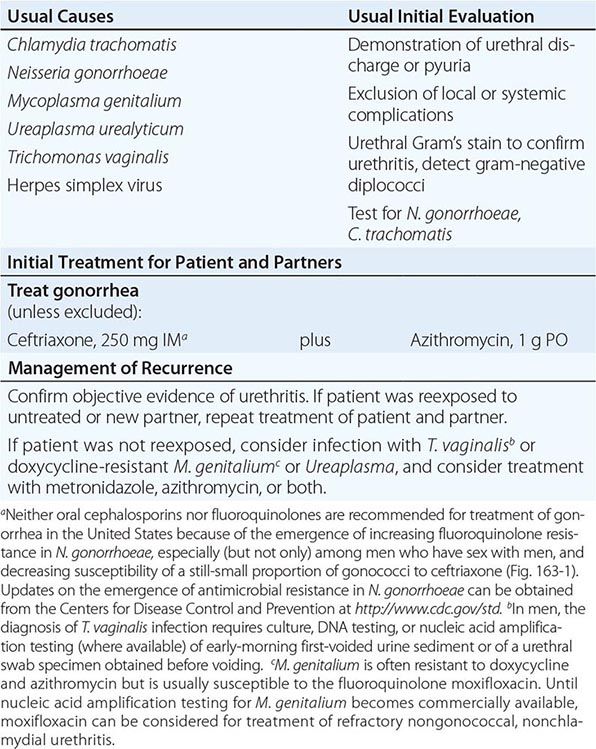

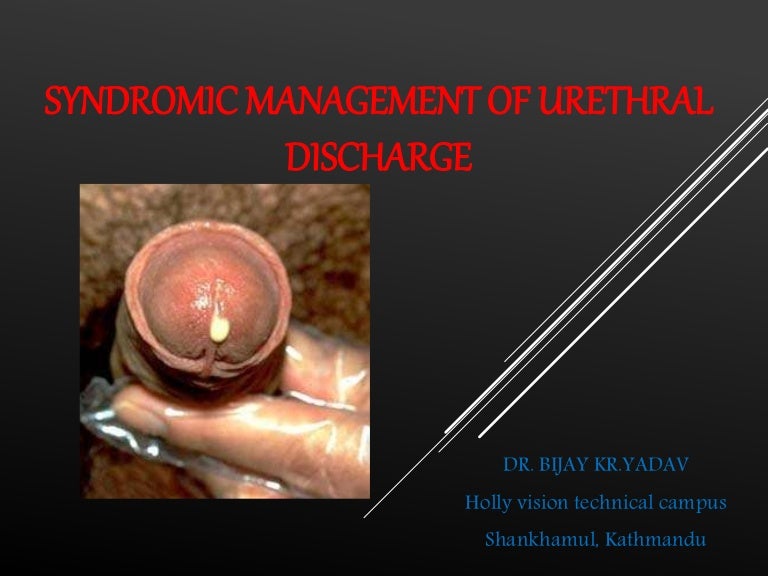


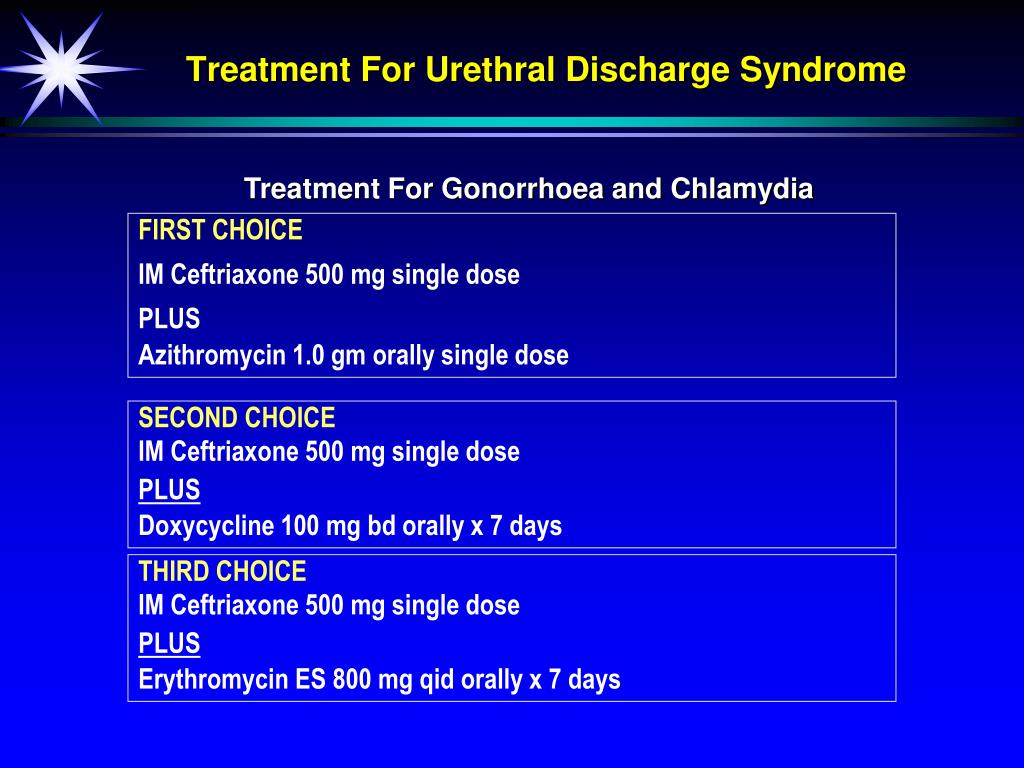
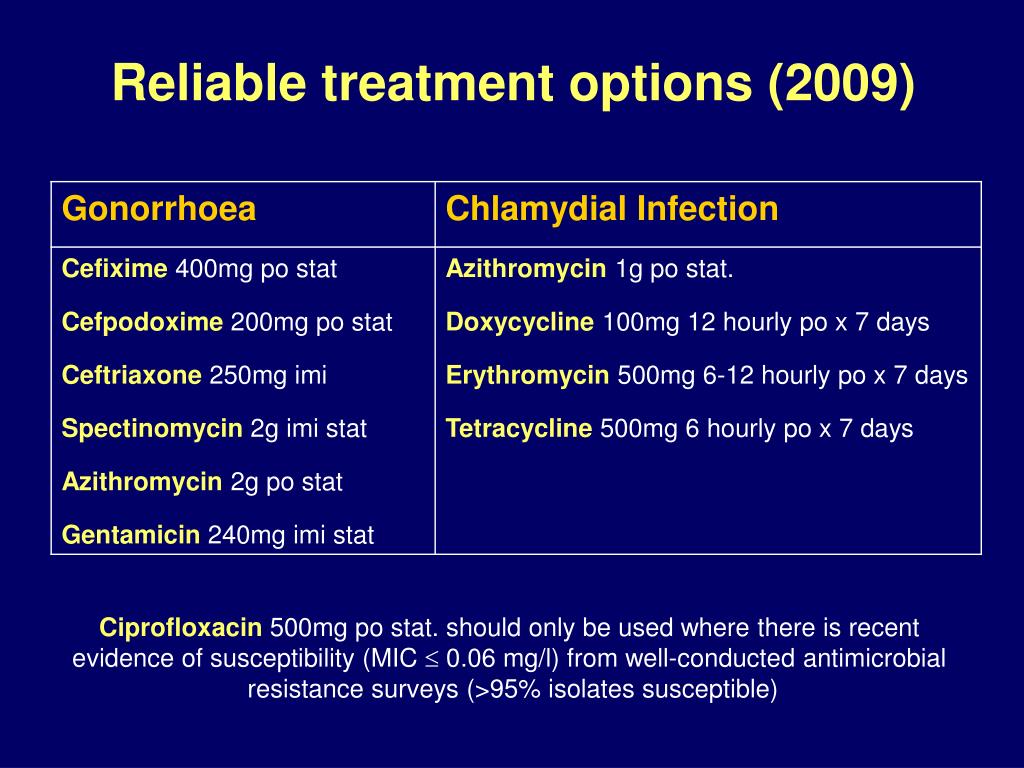
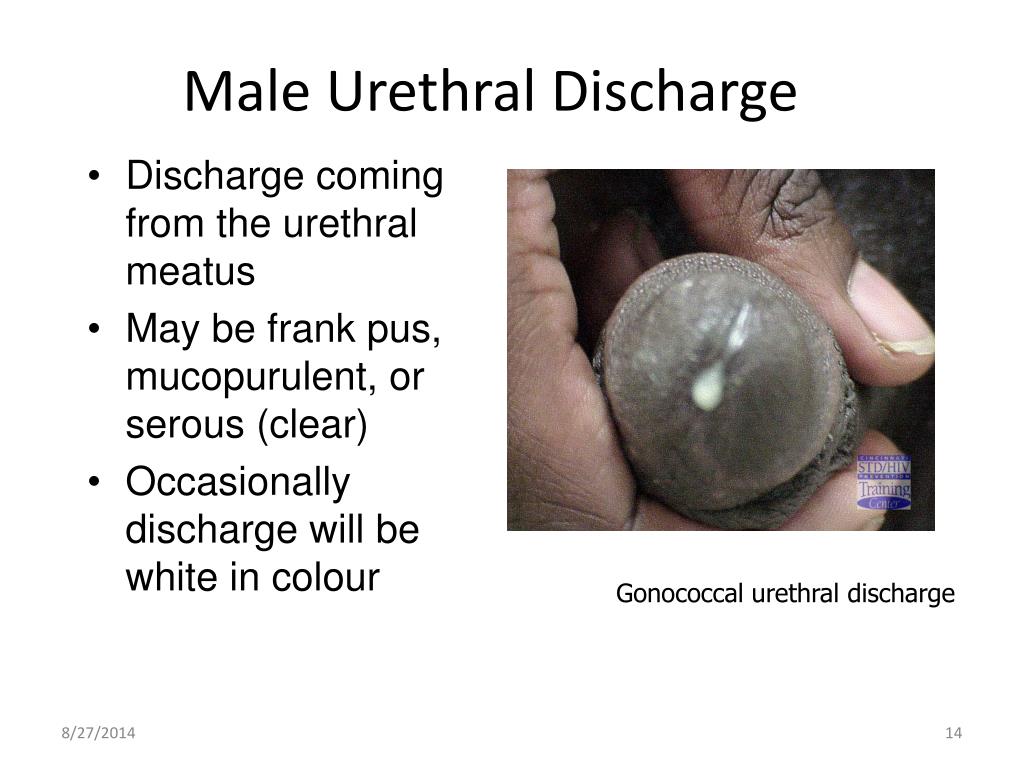
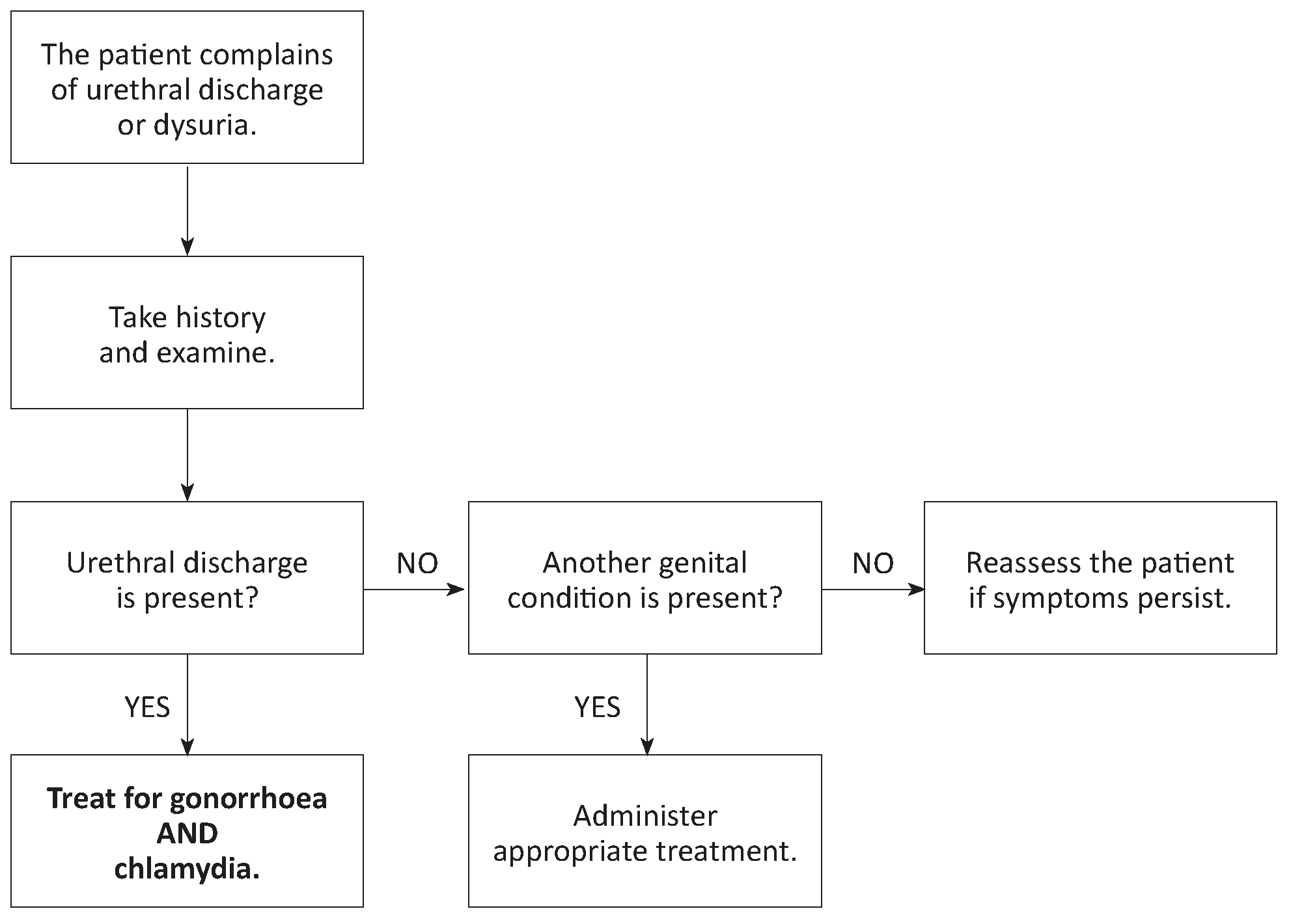
:max_bytes(150000):strip_icc()/cause-and-treatment-of-an-itchy-urethra-in-men-49401_FINAL_V2-5c0f2c00c9e77c0001c9d4f4.png)